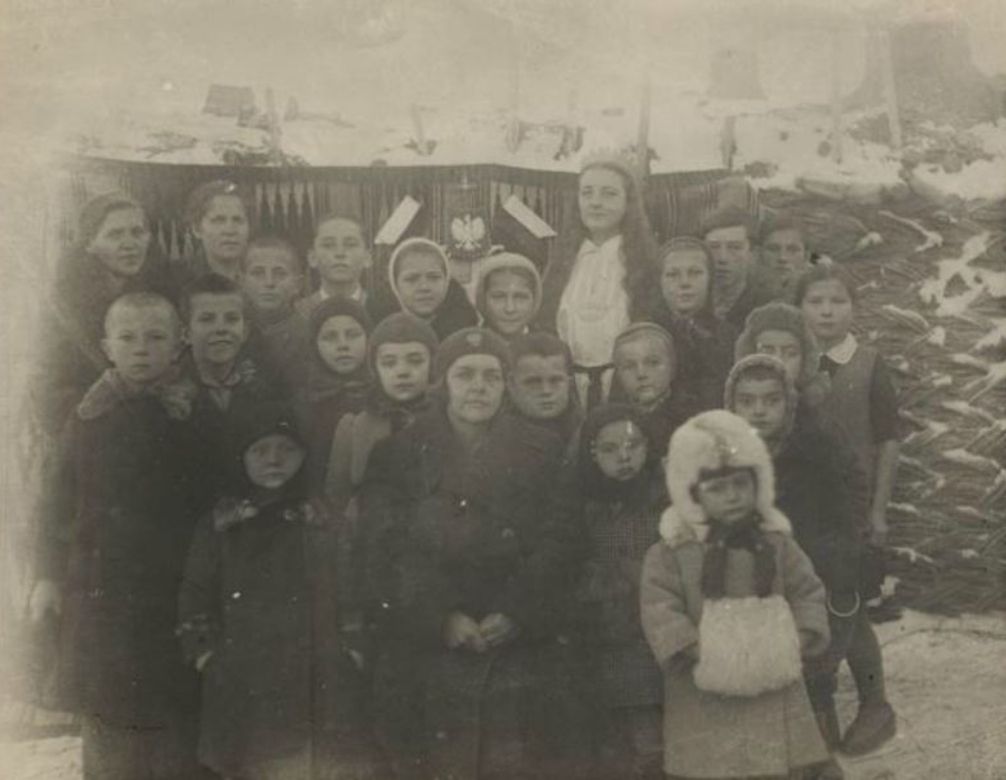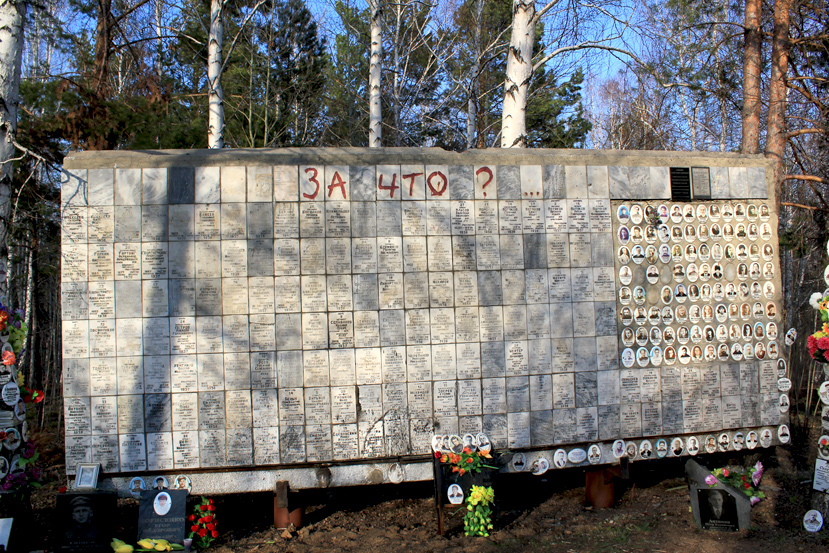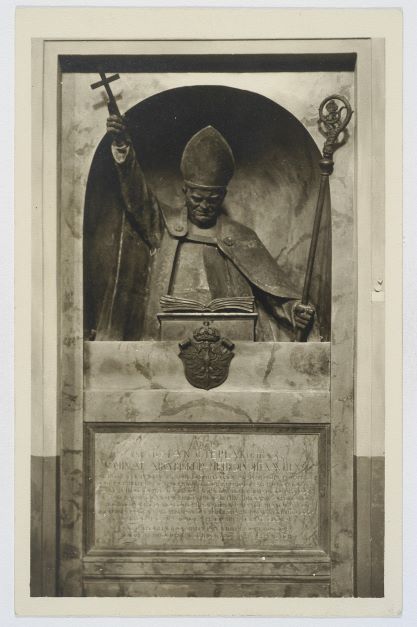The date of 11 November 1918, being the day on which Poland regained its independence, is a symbolic date. Exactly on that day, an armistice ending the First World War was concluded in a wagon in the forest of Compiègne.
Helena Grodecka-Możdżeniowa, was one of about 90,000 victims of the third great deportation, which began on 29 June 1940. Most of those deported were refugees from the German occupation, mostly Jews. Poles accounted for about 11 per cent.
On April 3,1940, the first “death transport” of Polish prisoners of war set off from the Kozelsk camp.
On 4 February 1940 (presumably!), Nikolai Yezhov, one of the cruellest perpetrators of Stalinist terror, was executed.
There was a time when large numbers of Poles in the Soviet Union lost their lives simply because of their origin and surname. One of the elements of the “Great Terror” unleashed by Stalin in 1937-1938 was the so-called “Polish Operation”, in which NKVD officers, on suspicion of espionage, mu
Father Jan Cieplak was auxiliary bishop of the Mogilev archdiocese, at that time the largest Roman Catholic archdiocese in the world, covering the whole of Russia up to Sakhalin.










